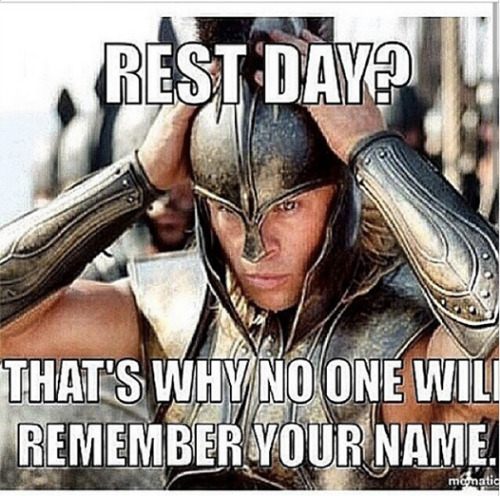- Joined
- Jun 4, 2016
- Messages
- 682
- Reaction score
- 1,413
I'm starting medical school in one month, and I am worried that I won't have time to lift anymore because it would detract from my studies.
How often do you exercise in medical school? Has it affected your grades?
Do the people at the top of the class make time to exercise or do they just study nonstop?
I really want to be top 5 in my class, and I don't know if that's possible while lifting. I'm willing to sacrifice my gains if it means being at the top.
How often do you exercise in medical school? Has it affected your grades?
Do the people at the top of the class make time to exercise or do they just study nonstop?
I really want to be top 5 in my class, and I don't know if that's possible while lifting. I'm willing to sacrifice my gains if it means being at the top.

